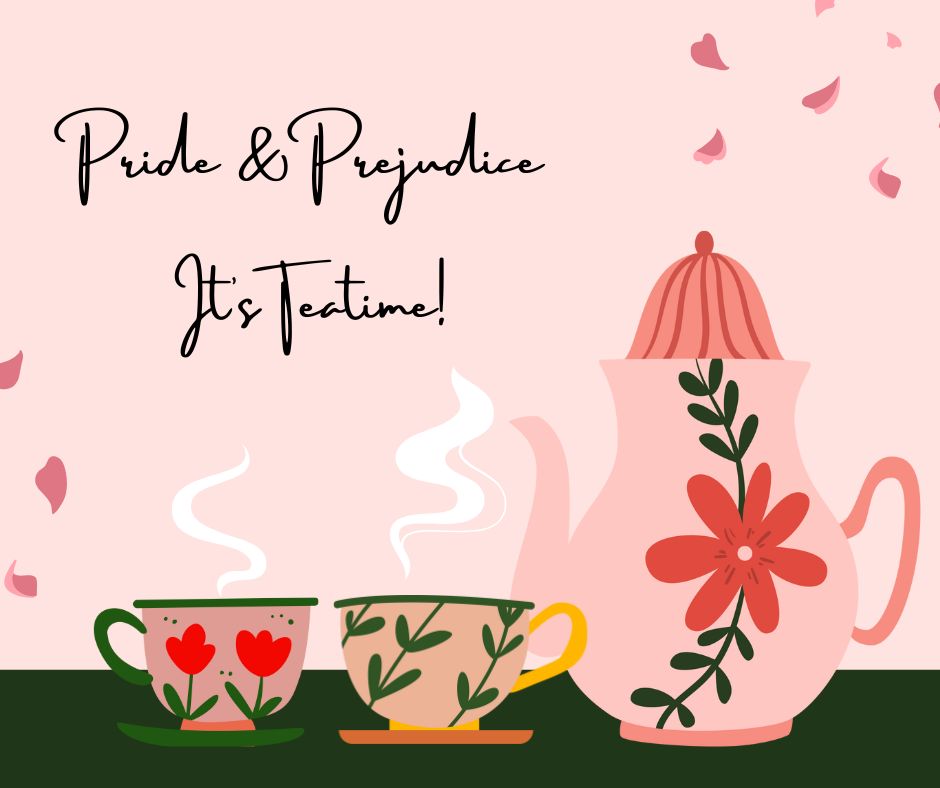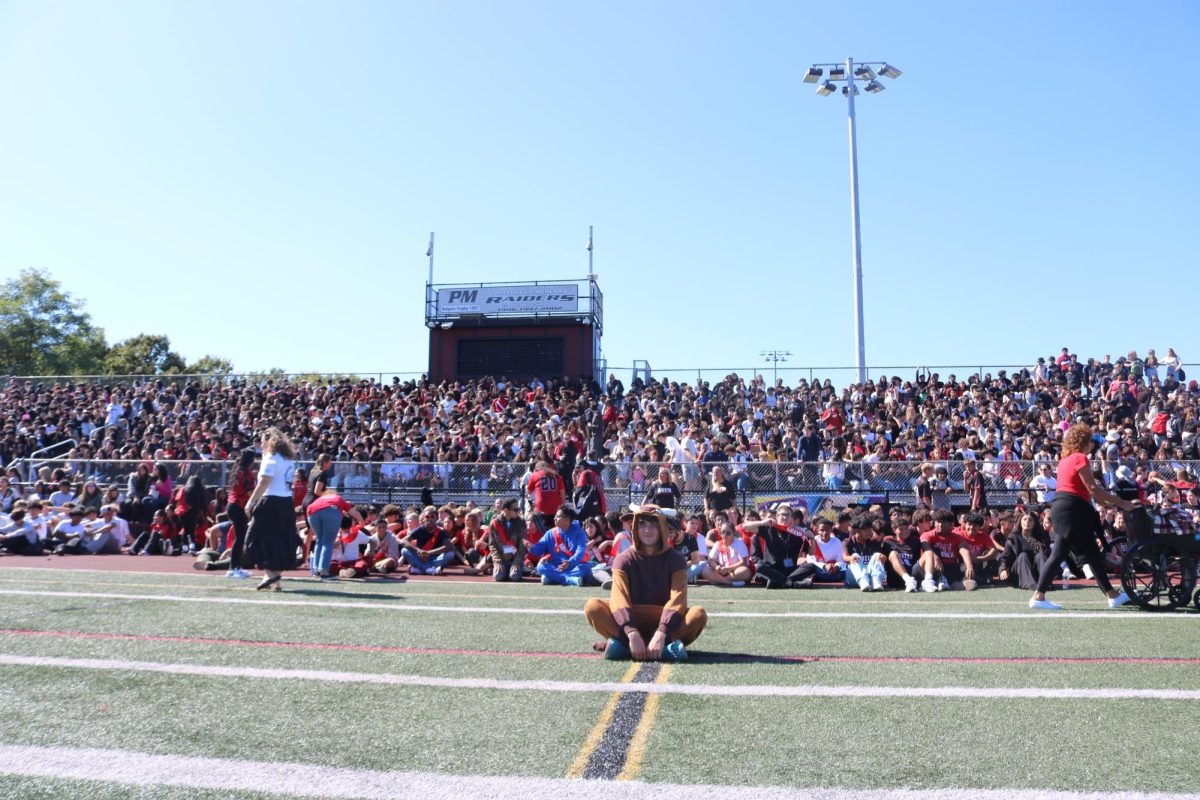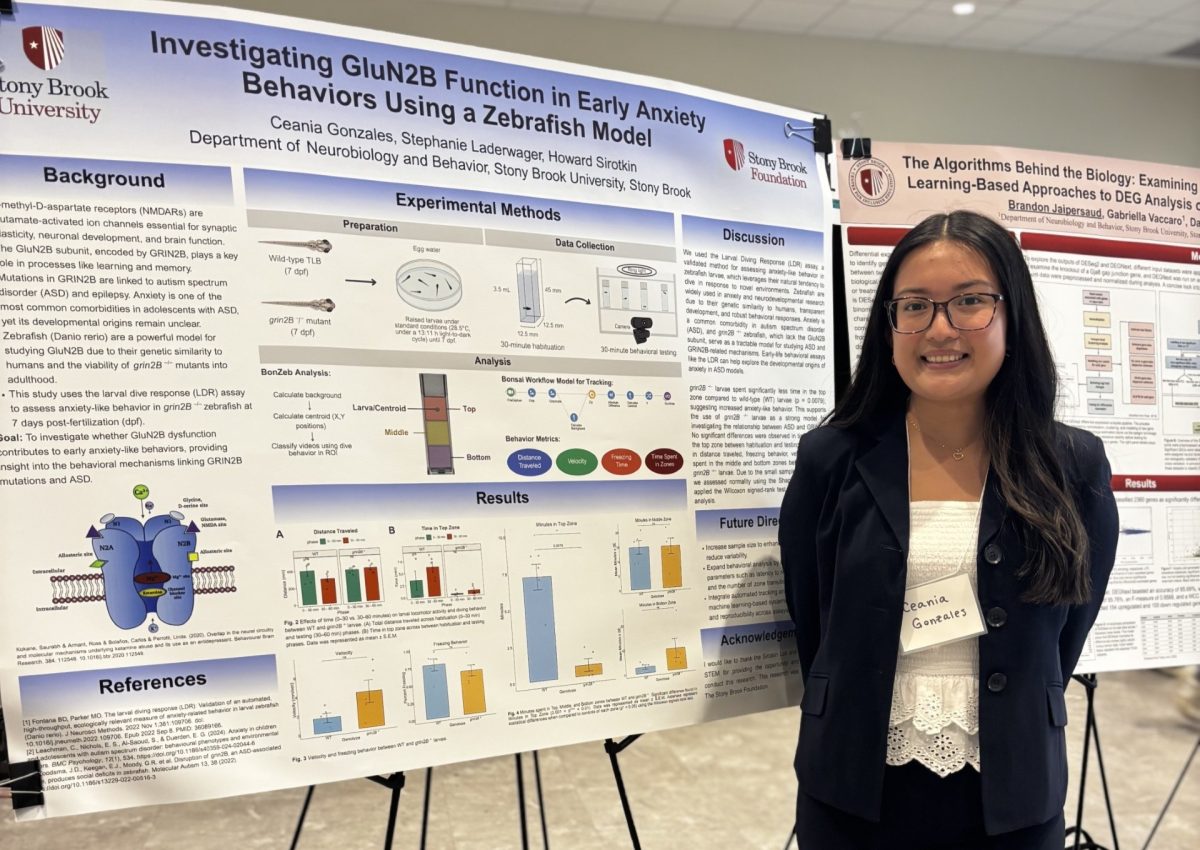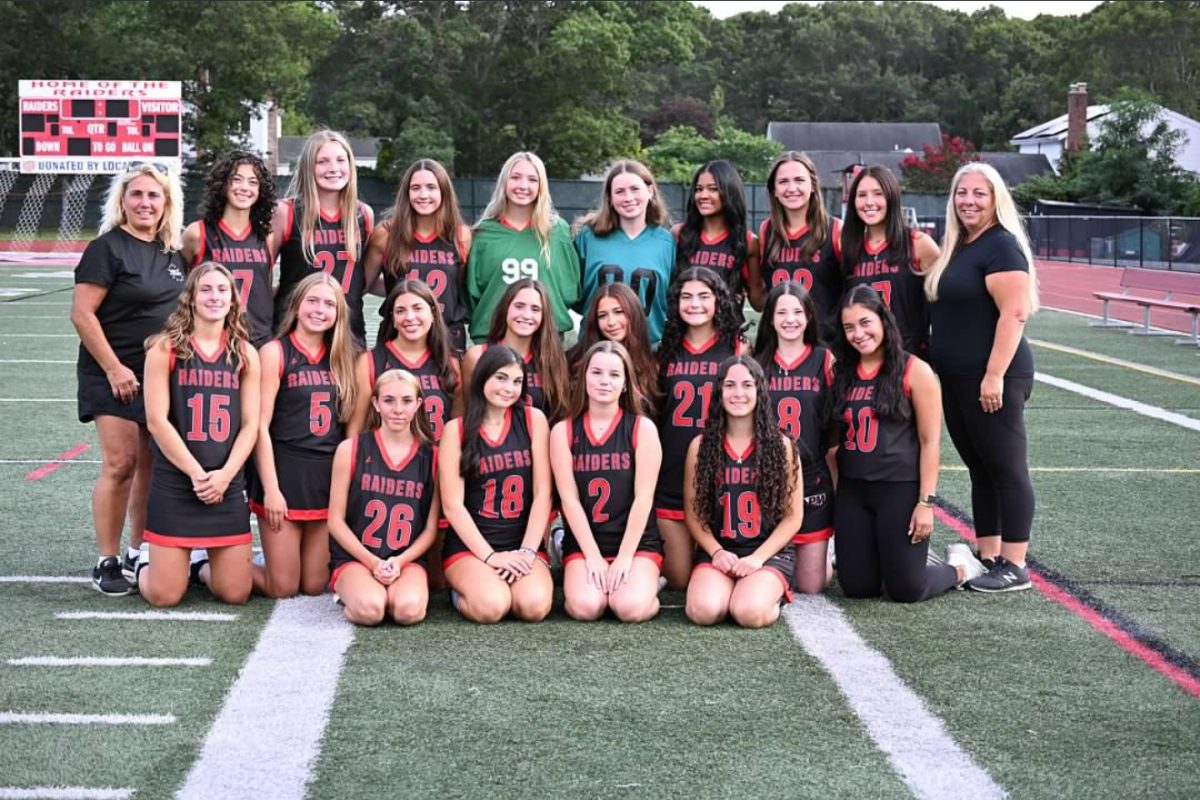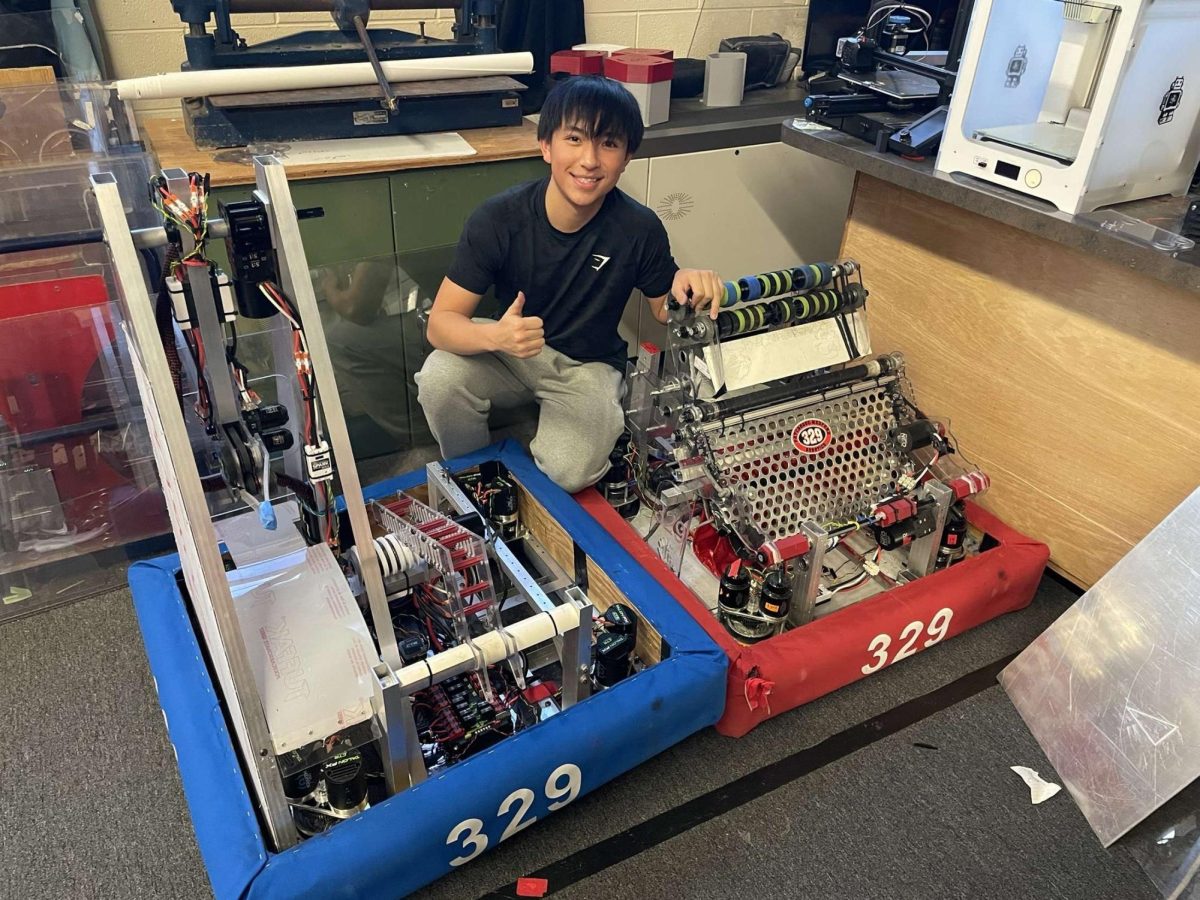Whether you’ve read Pride and Prejudice, read the 1800s essays on social etiquette, or even watched Bridgerton, the interest in how society once was continues to be a particular interest of many. Mrs. Sullivan has taken charge of allowing students to learn about the history behind societal executions of the late 1700s to early 1800s through the ‘teatime’ experience.
Recently, Mrs. Sullivan introduced Pride and Prejudice to her AP Literature and Composition students. After preparing our own notes on social etiquette and society procedures, Mrs. Sullivan gave students the opportunity to discuss their opinions about how people conducted their lives by these rules.
While she could’ve chosen to lead the discussion with words, snacks and desserts were a treat to the teatime experience. Furthermore, students gave their own opinions on their experience from this delicious learning opportunity.
Kevin Hidalgo, a student in the 5th period class, said that he “enjoyed my hot cocoa”. In regard to Pride and Prejudice, he expressed his enjoyment for the discussions on Marxism and sociology.
Jonathan Banegas, from the same period, agrees by sharing his appreciation to discussing the reading greater depth, while “getting along with our classmates”.
In a similar vein, Katherine Alvarado says that she especially liked “learning about the aspects of society and how women were expected to follow the rules of society even if they didn’t want to.”
From the 3rd period AP LIT class, Kevin Zheng shares his experience from the teatime. Like many others, he shares the same appreciation of interacting with other students and enjoying the “traditional teatime snacks.”
As for the opinion of a soon-to-be senior, Michael Russell (junior), he found the idea of simulating our history through teatime as an interesting method of learning. He believed that it “opens our minds to engage with other classmates in a different way,” said Russell.
Thank you to Mrs. Sullivan for giving us the opportunity to learn from the savory sweetness of cookies, brownies, and other desserts. As you may see, history can always be remembered through a simulation… even if it’s tea!

